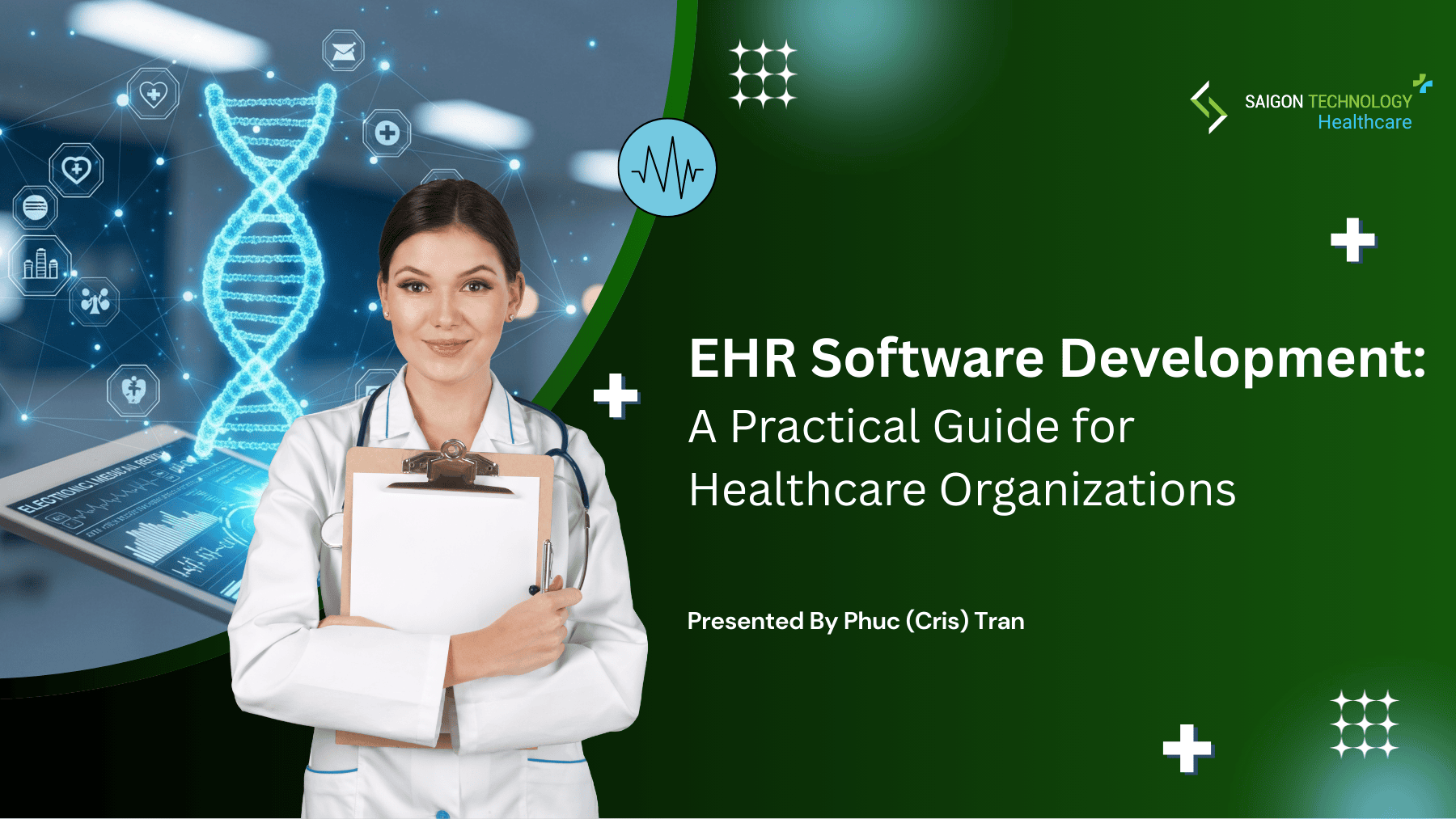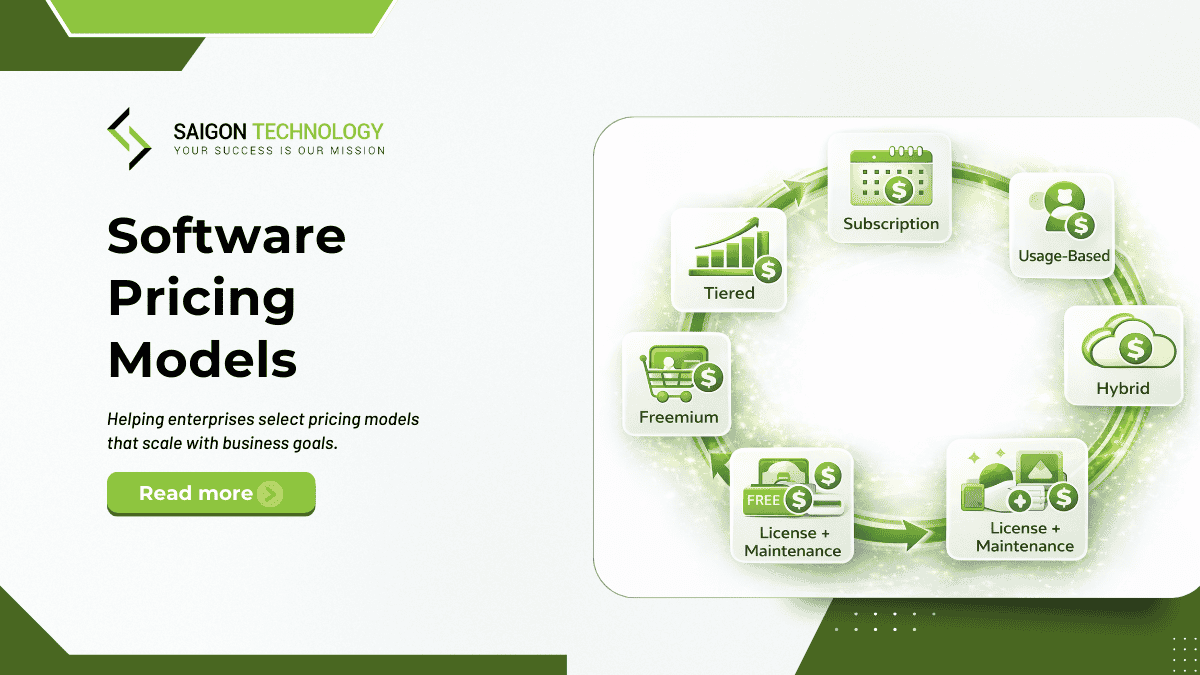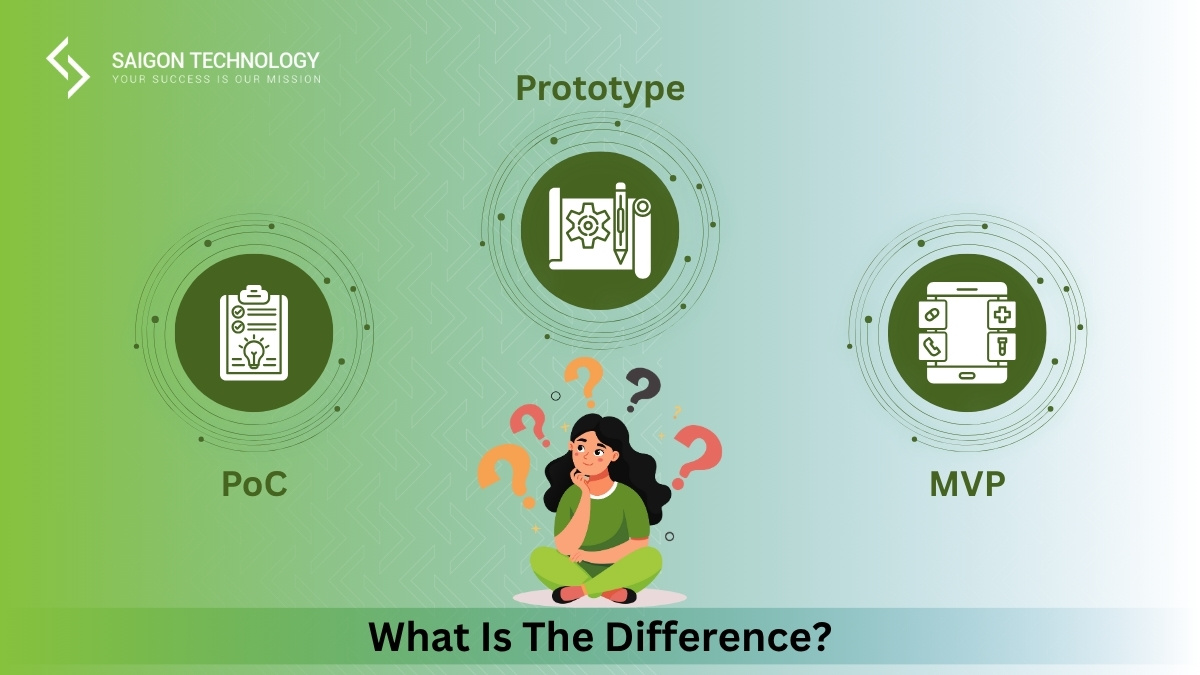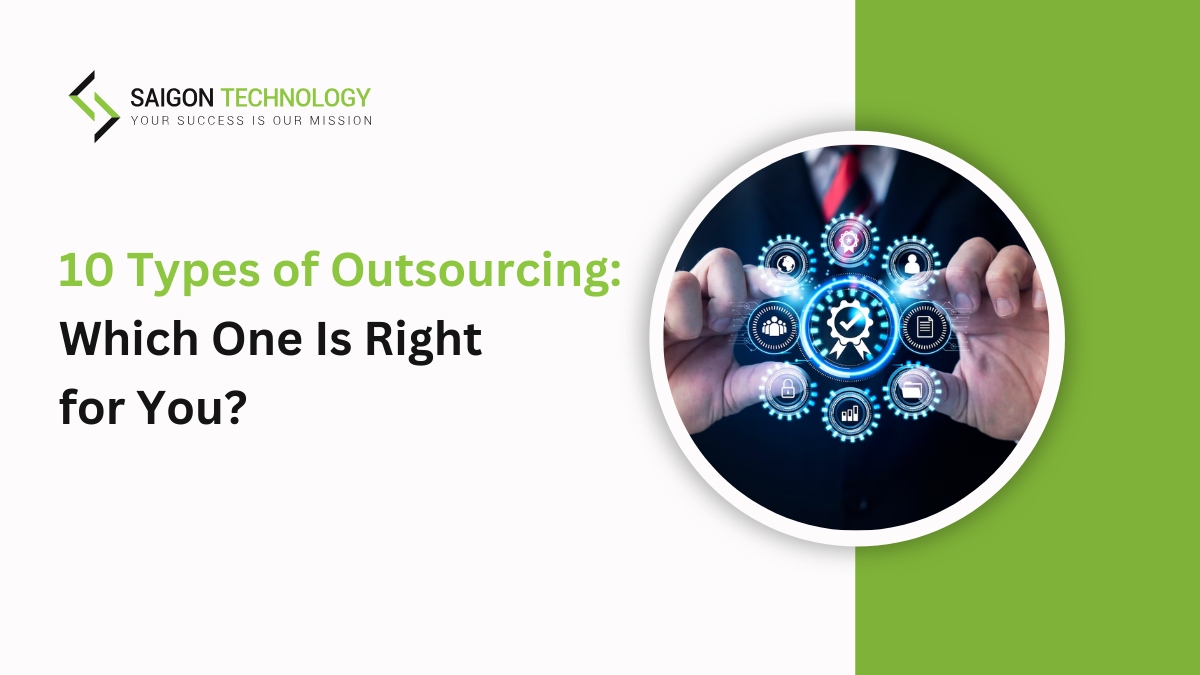Introduction
Cloud computing has revolutionized the healthcare industry by offering scalable, cost-effective, and highly secure solutions for managing patient data, improving collaboration, and enhancing healthcare delivery. With the integration of AI and ML applications, telemedicine, electronic health records (EHR) management, and real-time data analytics, healthcare organizations can streamline their operations while ensuring regulatory compliance and patient data security.
This article explores the applications, benefits, challenges, future trends, strategies, and types of cloud computing in the healthcare sector, providing insights into why cloud adoption is essential for modern medical practices.
1. Applications of Cloud Computing in Healthcare
Cloud computing is being utilized in various aspects of healthcare, enabling efficient data management, remote patient care, and enhanced diagnostic capabilities. Below are the key applications:
1.1 Telemedicine
Cloud-based telemedicine solutions facilitate remote patient monitoring and consultations, allowing healthcare providers to connect with patients in real-time. This improves accessibility, especially for patients in rural or underserved areas.
✔ HIPAA-compliant messaging platform – Ensures secure communication between doctors and patients.
✔ AI and ML applications – Enhance telehealth services with predictive analytics and automated diagnostics.
✔ Real-time data analytics – Provides instant insights into patient health metrics.
? Example: Cloud-based telemedicine platforms like Teladoc Health and Amwell enable patients to consult physicians remotely, reducing hospital visits and wait times.
1.2 Electronic Health Records (EHR) Management
Cloud computing improves electronic health records (EHR) management by making patient data easily accessible, secure, and interoperable across healthcare systems.
✔ Cloud-based EHR systems – Store and manage patient data securely while ensuring regulatory compliance.
✔ Healthcare analytics – Helps providers make data-driven decisions for better patient care.
✔ Population-level patient data – Supports public health research and disease control.
? Example: Leading healthcare organizations like Kaiser Permanente and Medsphere Systems use cloud-based EHR management to enhance patient care coordination.
1.3 Data-Driven Diagnostics and Medical Imaging Services
Cloud computing powers data-driven diagnostics by leveraging AI and machine learning algorithms to analyze large datasets and improve medical decision-making.
✔ Medical imaging services – Cloud storage solutions provide secure access to X-rays, MRIs, and CT scans.
✔ Predictive analytics – Helps detect diseases at early stages based on historical patient data.
? Example: Google Health and NetApp offer AI-powered diagnostic tools that assist radiologists in detecting tumors and abnormalities more accurately.
1.4 Remote Patient Monitoring and Patient Engagement
Cloud-based solutions facilitate real-time monitoring of patients with chronic conditions, improving patient engagement and adherence to treatment plans.
✔ Remote patient monitoring – Devices transmit real-time health data to physicians for timely interventions.
✔ Patient engagement – Cloud-based platforms enable personalized treatment plans and virtual health coaching.
? Example: Laudio provides AI-powered remote patient engagement solutions that enhance personalized healthcare delivery.
1.5 Revenue Cycle Management
Cloud computing simplifies revenue cycle management, optimizing billing processes, claims processing, and financial reporting.
✔ Automated billing systems – Reduce errors and accelerate claim approvals.
✔ AI and ML applications – Improve financial forecasting and fraud detection.
? Example: Avaneer Health leverages cloud-based revenue cycle management to streamline healthcare transactions and payments.
2. Benefits of Cloud Computing in Healthcare
Cloud computing is transforming the healthcare industry by enhancing efficiency, reducing costs, and improving patient care. Through cloud-based EHR systems, advanced analytics, interoperability, and real-time data management, healthcare organizations can provide personalized treatment, seamless collaboration, and secure patient data accessibility. Additionally, scalability, regulatory compliance, and disaster recovery capabilities make cloud adoption a necessity for modern healthcare institutions.
2.1 Cost Savings and Scalability
Cloud computing eliminates the need for expensive on-premises data centers, reducing IT infrastructure and maintenance costs. Healthcare organizations can adopt scalable cloud solutions to adjust resources based on demand, preventing unnecessary expenses.
✔ Cost savings – Reduces hardware, software, and IT maintenance costs.
✔ Scalability – Enables healthcare providers to scale storage and processing power based on patient needs.
✔ Cloud-based EHR systems – Provide on-demand data access without requiring costly physical servers.
? Example: A hospital moving from an on-premise EHR system to a cloud-based solution can save millions in IT expenses while ensuring real-time patient data access.
2.2 Enhanced Collaboration and Interoperability
Cloud computing enables seamless collaboration between doctors, specialists, researchers, and healthcare facilities, ensuring that patient data is easily accessible across multiple platforms. Interoperability ensures different healthcare systems can share and process data efficiently.
✔ Enhanced collaboration – Physicians, nurses, and medical staff can access, update, and share patient records in real time.
✔ Interoperability – Ensures secure data exchange between hospitals, clinics, pharmacies, and insurance providers.
✔ Real-time data management – Provides instant access to critical patient information, reducing delays in treatment.
? Example: Cloud-based EHR systems enable hospitals and specialists to collaborate remotely, improving diagnostic accuracy and treatment coordination.
2.3 Improved Patient Data Accessibility and Personalized Treatment
With cloud-based healthcare solutions, patient data is available anytime, anywhere, allowing doctors and patients to access medical records securely. This enhances personalized treatment plans, improving patient outcomes.
✔ Patient data accessibility – Provides instant access to electronic health records (EHRs) for faster diagnoses.
✔ Personalized treatment – AI-powered advanced analytics tailor treatment plans based on historical patient data.
✔ Regulatory compliance – Ensures data security and patient privacy by adhering to HIPAA and GDPR regulations.
? Example: Cloud computing allows AI-driven healthcare analytics to recommend customized treatment plans for patients with chronic diseases based on real-time health data.
2.4 Disaster Recovery Capabilities and Data Management
Cloud solutions provide automated backups and disaster recovery, ensuring healthcare data remains secure and available even during cyberattacks or system failures.
✔ Disaster recovery capabilities – Protects patient records from cyber threats, natural disasters, and data breaches.
✔ Data management – Organizes large volumes of patient data efficiently, enabling quick retrieval and updates.
✔ Regulatory compliance – Cloud providers implement end-to-end encryption and access controls to meet legal requirements.
? Example: Google Cloud and Microsoft Azure provide HIPAA-compliant disaster recovery solutions, ensuring zero data loss during system failures.
3. Challenges and Risks of Cloud Computing in Healthcare
While cloud computing offers numerous benefits, it also presents challenges and risks that healthcare organizations must address. Data security, compliance with regulations, and operational challenges remain major concerns when implementing cloud-based healthcare solutions.
3.1 Data Security and Privacy Concerns
Healthcare data is highly sensitive, and unauthorized access or data breaches can have serious consequences.
✔ Data security and privacy concerns – Protecting electronic health records (EHRs) from cyber threats is critical.
✔ HIPAA and GDPR compliance – Cloud providers must ensure adherence to regulatory standards to avoid legal penalties.
✔ Malicious attackers and unauthorized access – Cybercriminals target healthcare databases due to the high value of patient records.
? Example: In 2021, a major healthcare provider suffered a ransomware attack, exposing millions of patient records due to weak cloud security configurations.
3.2 Compliance with Regulations
Healthcare organizations must comply with strict regulatory requirements when using cloud-based solutions.
✔ HIPAA and GDPR – Ensure patient data privacy and protection in the US and Europe.
✔ Compliance with regulations – Cloud vendors must provide audit trails, access controls, and encryption.
✔ Data loss notification procedures – Organizations must establish incident response protocols to notify patients in case of a breach.
? Example: Cloud service providers that offer compliance certifications (e.g., ISO 27001, HIPAA-compliant storage) ensure data integrity and legal compliance.
3.3 Downtime and Service Disruptions
Cloud service outages can disrupt healthcare operations, impacting patient care and hospital workflows.
✔ Downtime and service disruptions – System failures can delay critical treatments and emergency responses.
✔ Integration with existing IT infrastructure – Migrating legacy systems to the cloud requires technical expertise and strategic planning.
✔ Disaster recovery strategies – Healthcare providers must ensure backup solutions and failover mechanisms.
? Example: In 2022, a leading hospital network experienced a cloud outage, preventing doctors from accessing EHRs for several hours, causing delays in patient care.
3.4 Technical and Operational Challenges
Adopting cloud computing requires skilled personnel and effective management to handle integration and security risks.
✔ Skilled personnel shortage – Healthcare IT teams must be trained in cloud security, data encryption, and risk management.
✔ Managing costs – Cloud solutions require ongoing investment in security, compliance, and storage upgrades.
✔ Human negligence – Employee errors can lead to accidental data exposure or security breaches.
? Example: A hospital staff member accidentally misconfigured cloud storage settings, exposing sensitive patient data to the public.
4. Future Trends in Healthcare Cloud Computing
The future of cloud computing in healthcare is driven by advancements in AI-based predictive analytics, machine learning integration, and the expansion of IoT and IoMT (Internet of Medical Things). These innovations are set to enhance patient diagnostics, real-time data analysis, and personalized medicine, improving overall healthcare outcomes.
4.1 AI-Based Predictive Analytics and Machine Learning Integration
Artificial intelligence (AI) and machine learning (ML) are transforming cloud-based healthcare solutions by enabling predictive analytics and automated diagnostics.
✔ AI-based predictive analytics – Helps detect disease patterns and predict patient outcomes.
✔ Machine learning integration – Improves diagnostic accuracy and personalized treatment plans.
✔ Real-time data analysis – Uses cloud computing to process and interpret large healthcare datasets instantly.
? Example: Google Health and IBM Watson leverage AI-driven cloud analytics to detect early signs of diseases like cancer and heart disease with greater accuracy.
4.2 Expansion of IoT and IoMT in Healthcare
The Internet of Medical Things (IoMT) is revolutionizing patient care through connected devices that monitor health conditions in real-time.
✔ IoT solutions – Wearable devices collect patient vitals and transmit data to cloud-based platforms.
✔ Cloud migration – Healthcare organizations are shifting critical systems to cloud-based platforms for greater efficiency.
✔ Predictive analytics and patient diagnostics – AI-powered IoMT devices help detect potential health issues before symptoms appear.
? Example: Apple Watch and Fitbit use IoMT technology to track heart rate, oxygen levels, and sleep patterns, providing early warnings for heart-related conditions.
4.3 Greater Interoperability and Cloud-Based Platforms
Improved interoperability ensures that healthcare systems can seamlessly exchange patient data across different platforms, enhancing care coordination.
✔ Greater interoperability – Allows hospitals, clinics, and research institutions to securely share patient data in real time.
✔ Cloud-based platform advancements – Enables faster integration of EHR systems, medical imaging, and AI-powered analytics.
✔ Market trends – Increased adoption of hybrid cloud solutions is helping healthcare providers balance security and accessibility.
? Example: Avaneer Health and NetApp are developing cloud-based interoperability solutions to improve patient data exchange and collaboration.
4.4 Personalized Medicine and Advanced Cloud Computing
Cloud computing is paving the way for personalized medicine, allowing healthcare providers to tailor treatments based on genetic, lifestyle, and real-time health data.
✔ Personalized medicine – Uses big data analytics to create customized treatment plans.
✔ Predictive analytics in patient diagnostics – Helps physicians anticipate potential health risks and intervene early.
✔ Cloud-based AI models – Provide precision medicine solutions for chronic diseases and rare conditions.
? Example: Cloud-based genomic data platforms are being used to customize cancer treatments, improving survival rates through targeted therapies.
5. Strategies for Adopting Cloud Computing in Healthcare
Adopting cloud computing in healthcare requires a well-planned approach to ensure data security, regulatory compliance, and seamless integration with existing IT infrastructure. Implementing the right cloud migration strategies, staff training, and security measures can help healthcare organizations maximize the benefits of cloud technology while mitigating risks.
5.1 Assessing Organizational Needs and Cloud Migration Strategies
Before adopting cloud computing, healthcare organizations must evaluate their current IT infrastructure, security requirements, and operational goals.
✔ Cloud migration strategies – Develop a roadmap for transitioning EHR systems, patient data, and analytics tools to the cloud.
✔ Change management – Address potential resistance to cloud adoption through training and stakeholder engagement.
✔ Hybrid cloud approach – Combines private and public cloud solutions for improved security, cost efficiency, and scalability.
? Example: Many hospitals use a hybrid cloud approach to store sensitive patient records on private clouds while leveraging public cloud services for analytics and AI-driven diagnostics.
5.2 Choosing the Right Cloud Service Model and Provider
Selecting an appropriate cloud service model ensures that healthcare organizations can meet operational and compliance needs.
✔ Infrastructure as a Service (IaaS) – Provides scalable cloud storage and computing resources for healthcare applications.
✔ Platform as a Service (PaaS) – Supports application development and machine learning integration.
✔ Software as a Service (SaaS) – Enables cloud-based EHR management, telemedicine, and revenue cycle management.
✔ Cloud service provider compliance certifications – Ensure providers adhere to HIPAA, GDPR, and ISO 27001 standards.
? Example: Healthcare providers like Medsphere Systems and NetApp offer HIPAA-compliant cloud solutions that enhance data security and interoperability.
5.3 Implementing Compliance and Security Measures
Ensuring regulatory compliance and strong security frameworks is critical for protecting patient data and cloud infrastructure.
✔ Data encryption and access controls – Safeguards patient information from unauthorized access and cyber threats.
✔ Compliance and security measures – Adheres to regulatory requirements such as HIPAA and GDPR.
✔ Data loss notification procedures – Establishes protocols for detecting, reporting, and mitigating security breaches.
✔ Shared responsibility model – Ensures both healthcare organizations and cloud providers take responsibility for security.
? Example: Cloud providers like Google Cloud and Microsoft Azure offer end-to-end encryption and multi-factor authentication for secure EHR storage and patient data management.
5.4 Staff Training for Cloud Technologies
Training healthcare staff on cloud technologies, data security best practices, and compliance protocols ensures a smooth transition to cloud computing.
✔ Staff training for cloud technologies – Educates employees on secure data access, cloud-based collaboration tools, and regulatory requirements.
✔ Predictive analytics and machine learning training – Helps healthcare professionals leverage AI-driven insights for better patient care.
✔ Ongoing security awareness programs – Reduces risks associated with human negligence and accidental data breaches.
? Example: Hospitals implementing cloud-based patient monitoring train their staff to use real-time analytics dashboards for better clinical decision-making.
6. Types of Cloud Computing in Healthcare
Cloud computing in healthcare is categorized into different deployment models (private, public, hybrid cloud) and service models (SaaS, PaaS, IaaS). Each model offers unique advantages, depending on the healthcare organization’s security requirements, scalability needs, and budget constraints.
6.1 Deployment Models of Cloud Computing in Healthcare
6.1.1 Private Cloud
A private cloud is a dedicated infrastructure used exclusively by a single healthcare organization, offering enhanced security and compliance.
✔ Ideal for handling sensitive patient data and meeting HIPAA regulations.
✔ Better control over data access, storage, and encryption.
✔ Used by large healthcare organizations and government agencies.
? Example: Kaiser Permanente uses a private cloud for secure patient data storage and advanced healthcare analytics.
6.1.2 Public Cloud
A public cloud is a shared infrastructure managed by third-party providers, offering cost-effective and scalable solutions for healthcare services.
✔ Affordable for smaller healthcare providers and startups.
✔ Easier integration with AI and machine learning applications.
✔ Supports cloud-based EHR management and telemedicine services.
? Example: Laudio uses public cloud services for real-time healthcare workforce analytics and patient engagement tools.
6.1.3 Hybrid Cloud
A hybrid cloud combines private and public cloud models, allowing healthcare organizations to balance security, scalability, and cost-efficiency.
✔ Stores sensitive data in a private cloud while leveraging public cloud resources for analytics and AI applications.
✔ Ensures high availability and disaster recovery capabilities.
✔ Supports cloud migration strategies and interoperability efforts.
? Example: Avaneer Health utilizes a hybrid cloud approach to enable secure and scalable data-sharing networks across healthcare institutions.
6.2 Service Models of Cloud Computing in Healthcare
6.2.1 Software as a Service (SaaS)
SaaS applications provide on-demand software solutions for healthcare organizations, eliminating the need for on-premises installations.
✔ Cloud-based EHR systems – Enable secure patient record management and accessibility.
✔ Telemedicine platforms – Facilitate virtual consultations and remote patient monitoring.
✔ Revenue cycle management solutions – Automate billing and claims processing.
? Example: Medsphere Systems offers SaaS-based EHR solutions, streamlining patient care coordination and data accessibility.
6.2.2 Platform as a Service (PaaS)
PaaS provides a cloud-based platform for healthcare developers to build, test, and deploy applications without managing underlying infrastructure.
✔ Supports AI-based predictive analytics and machine learning applications.
✔ Facilitates the development of custom healthcare applications.
✔ Integrates with real-time data analysis for patient diagnostics.
? Example: Google Cloud Healthcare API allows developers to build AI-powered medical imaging and patient analytics applications.
6.2.3 Infrastructure as a Service (IaaS)
IaaS provides scalable computing power, storage, and networking capabilities, enabling healthcare providers to manage vast amounts of patient data securely.
✔ Supports cloud-based data storage and processing for large-scale healthcare systems.
✔ Ensures disaster recovery and backup solutions.
✔ Facilitates compliance with HIPAA and GDPR through secure cloud infrastructure.
? Example: NetApp’s cloud-based infrastructure solutions provide secure data storage and interoperability for healthcare organizations.
Final Thoughts on Cloud Computing Benefits in Healthcare
Cloud computing offers unparalleled benefits for the healthcare industry, including cost savings, enhanced collaboration, improved patient care, and seamless scalability. By integrating advanced analytics, interoperability, and real-time data management, healthcare providers can ensure better decision-making, stronger security, and regulatory compliance.










